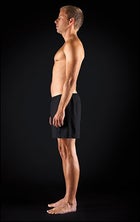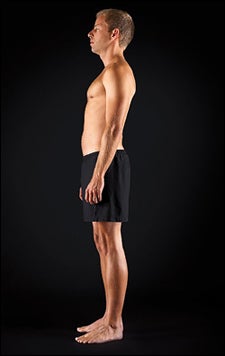BRADLEY J. WILLCOX, D. CRAIG WILLCOX, AND MAKOTO SUZUKI
John Bradley diet
 John Bradley
John Bradley
THE HOOK:
Eating like the longest-lived people on earth.
THE DIET:
Largely plant-based, but with chicken, fish, and unrefined carbohydrates. And lots of soy products.
NO. 1 LESSON LEARNED:
Conventional wisdom about what constitutes a healthy diet can steer you wrong.
The authors of this book are scientists and clinicians who conducted years of research on the Okinawans and their eating habits, a slightly altered version of the familiar Japanese diet. I lived in Japan between the ages of 25 and 31 and left enamored of the food. I expected good things from this plan.
What I came away with was proof that you can follow a diet that almost everyone believes to be beneficial and still be one teriyaki chicken breast away from a heart attack. I felt healthy, had energy, and enjoyed every meal, but my total cholesterol shot up 43 points, my HDL (good) cholesterol dropped, and my body fat increased. My doctor warned that if my next diet didn’t bring my cholesterol under control, she would recommend medical intervention.
So what happened? The soy? Maybe. There is a growing body of research┬Śsummarized in the book The Whole Soy Story┬Śsuggesting that consuming excessive amounts of soy products can pose health risks, including disrupted hormone levels. I’ll point out again that I conducted a one-person, self-guided study ripe for sophistic misinterpretation. But based on what I learned from my next diet, I’m guessing that while the Okinawa Program might do wonders for Okinawans, who spent thousands of years eating this way, I’m better off eating like they do in Western Europe, where my ancestors are from.


